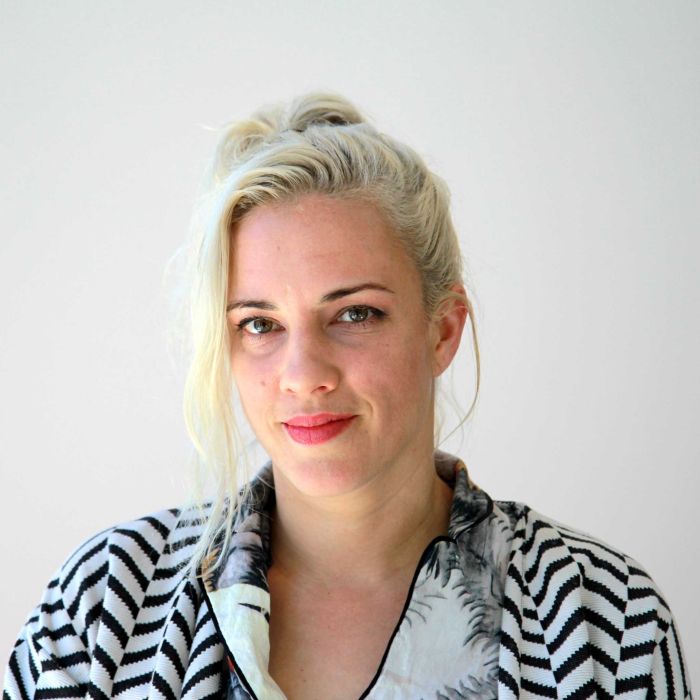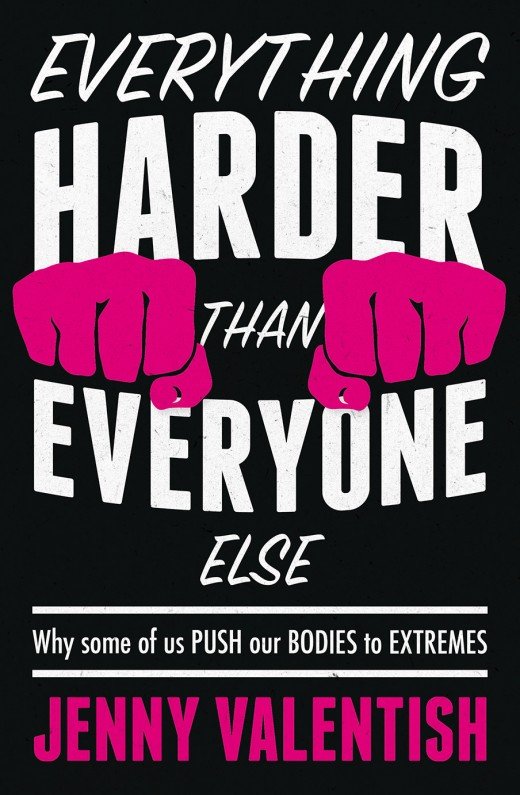I once had coffee with a fellow author – let’s call him Justin Heazlewood – and a few minutes in, of commiserating about the writer’s lot, I was bemoaning that I’d wasted an entire year on some aborted project or other. I can’t quite remember what, because of the sheer number of these fizzlers, but it might have been the crime novel I’d fashioned a first draft of, which was abandoned when an agent I bought a 30-minute session with told me she hated the protagonist, the antagonist, the location, the genre and the tense.
Justin had just got a deal with Affirm Press for his genius book Funemployed, about the actualities of being a working artist in Australia (spoiler: grim). He responded simply: “It’s practice.”
He was right. How arrogant to assume that after a certain length of time in a medium, everything you produce should be embraced and invested in. Does the potter throwing mud at the wheel expect every handful to become the perfect vase? Even Willy Wonka, with an entire workforce of Oompa-Loompas at his disposal, came up with all sorts of experimental duds before presenting the world with the everlasting gobstopper and lickable wall paper.
I think we, writers, already know on a cellular level whether an idea is right or not before we even begin, and yet, after my research-memoir Woman of Substances: A Journey into Addiction and Treatment was published and I felt the pressure to ride its momentum, I was pitching dumb ideas to my agent like Alan Partridge pitching increasingly desperate and ludicrous TV shows (“monkey tennis!”) to the head of the BBC.
Since we’re friends, Lee has patiently listened to many of these animated ideas over dinner; not limited to: A sitcom based on a clickbait media company I worked at; a crime drama based on a clickbait media company I worked at (one TV producer had told me sitcoms weren’t selling, so I wrote the drama; then another producer told me dramas weren’t selling and everyone wants sitcoms); a guided journal for people who need to rebuild their lives; a co-written erotic novel set in the 80s; a book about older women and fitness, for which I conducted many interviews; a podcast about people who have been stitched up by the media; a podcast about wellness and addiction; and a new take on the old ‘choose your own adventure’ format. For each of the above, there were months, sometimes years of work involved, as well as untold two-page proposals.
How can I reframe this expenditure of effort as beneficial, rather than being a heartbreaking waste of time? Well, sometimes I do revisit a project. Woman of Substances did get published, but not until I’d spent months attempting it as a novel. I’d also written a ‘vomit draft’ of 100,000 words of memoir seven years before I wrote the book proper – and absolutely none of that draft made it in when I returned to the work, because it was too raw. Write from the scar, not the wound, as they say.
More generally, just as reading should be part of the practice, so should experimenting with different forms and ideas – that’s the nature of business AND creativity. Sometimes it’s also worth continuing to excavate because we’re probably in the right ball park even if it’s the wrong game, if you’ll forgive me mixing my metaphors.
When I do absolutely click with an idea and sign a publishing contract, the ‘waste’ doesn’t end. I can guarantee I’ll have to torpedo entire chapters and voices as I near the finish line. It’s the premise of ‘kill your darlings’, but on a macro scale, not the micro of line-by-line editing.
With my latest book, Everything Harder Than Everyone Else: Why Some of Us Push Our Bodies to Extremes, I wound up axing an entire chapter on how alpha types are attracted to the idea of ‘grit’ because I realised many of the points had been made elsewhere. I had such a reluctance to let it go that I wasted weeks trying to move a 2000-word section around different chapters of the book before accepting defeat. I also completely scrapped some interviews, such as with a top Ultimate Fighting Championship (UFC) fighter whose name would have been good to drop… but she had repeated sentiments other interviewees had said elsewhere in the book, and it’s vital to let go of whatever doesn’t move the narrative along.
When I teach writing I push the ‘Keep it Simple, Stupid’ (KISS) approach. I used to think it was best to give the reader their money’s worth by diving as thoroughly into a topic as possible, but I came to realise readability is better than quantity. Similarly, when some students describe their prospective books to me, with the intention of shoehorning absolutely every profound moment of their life within, I can hear that these are very different threads that could become different books in their own right.
To combat waste as best I can, when I write nonfiction I like to keep chapters at a pretty uniform length (averaging about 6000 words). If something’s much longer it becomes unwieldy and the many different ideas have to be stitched together with dubious segues. I also identify the chief crusade that I’m on (or ‘central insight’ if you like) and then some secondary crusades that also need to be covered. Anything else is surplus and risks derailing the reader. I put aside ideas or voices that make a chapter too convoluted into a separate folder of things that might later be turned into essays to promote the book.
Incidentally, inspired by all my own aborted missions, I once pitched to a newspaper a story called ‘Failure to Launch’, which would quiz creatives of all stripes on ‘the best thing I never made’. The editor enthusiastically commissioned it, before – 26 emails later – admitting defeat because she wanted to include huge international names in comedy, film and literature, and would have to help set them up herself; something she was way too pushed to do so for the foreseeable future.
“Failure to launch really failed to launch, eh?” she sympathised.
Jenny Valentish is a Castlemaine-based journalist and author, with her most recent books being the non-fiction titles for Black Inc, Woman of Substances: A Journey Into Addiction and Treatment, and Everything Harder Than Someone Else: Why Some of Us Push Our Bodies to Extremes. She hosts memoir and freelance journalism workshops, with more details at valentish.net.


Thank you. Glad you’ve done well with your two ‘successes’.
Oh Jenny, thank you for your article! I feel so relieved (though a little embarrassed) given I have a cabaret show draft, several podcast drafts, several outlines and chapters written for 3 novels, 80,000 words vom on a memoir, scenes for a few comedy/drama scripts and now another 70,000 words journaled for ? a future non-fiction book. Glad to hear that your practise has paid off for you. It’s a really positive way to view it.
Thank you Jenny, your words are a tonic for those of us Writers experiencing « Overwhelm » – a condition currently besetting me while drafting a sequel to my most recent novel. What to put in? What to leave out? You made me realise it’s all « practice » even if none of the raw material appears in the final product.
Thanks Jenny. What you write makes me feel less like I’m the only one with electronic folders and folders full of documents with ideas, long and short and unfinished beginnings – that haven’t gone further than my desktop. Some I get rid of occasionally. A few, I’ve been able to put somewhere else (usually another folder!). But hey, as you remind us, hold it all as lightly as we can because its all grist for the mill.